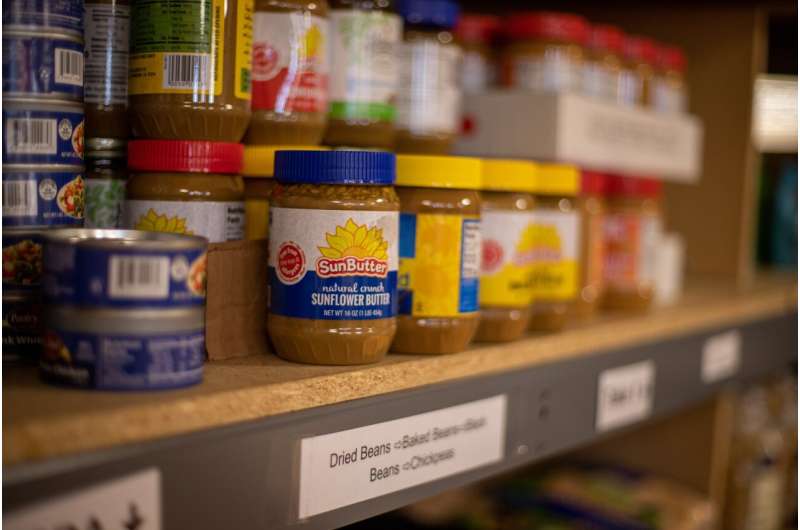A new study by researchers at Harvard T.H. Chan School of Public Health reveals that the expiration of pandemic-era Supplemental Nutrition Assistance Program (SNAP) emergency allotments has led to an increase in food insufficiency, greater use of food pantries, and heightened difficulty in paying household expenses, particularly among Black SNAP participants. This has significant public health implications as Congress deliberates on the Farm Bill, which funds SNAP.

Effect of End of SNAP Emergency Allotments
A total of 35 states saw all emergency allotments under SNAP’s pandemic-era amount expire during the study period, which was published in the journal Health Affairs. Previously, eligible SNAP participants were receiving between $95 to $250 a month in extra allotments granted as part of the pandemic response, easing both economic hardship and hunger experienced by millions facing financial crises from COVID-19.
The expiration of these emergency allotments was associated with an 8.4% higher prevalence of food insufficiency, a 2.1% higher prevalence of using food pantries, and a 2.0% higher probability that SNAP participants had difficulty paying household expenses according to the researchers In addition, Black SNAP participants reported more anxiety symptoms after emergency allotment expirations than white SNAP participants.
How Food Insecurity Crisis Could Be Headed Our Way, and SNAP’s Part in Blocking That Road
Lead author of the study, Rita Hamad, associate professor of social and behavioral sciences and director of the Social Policies for Health Equity Research (SPHERE) Center said that during a pandemic to prevent a national food insecurity crisis like America responded on COVID; it was essential to conduct more studies. She said, “When lawmakers made the SNAP laws more flexible during COVID-19 — like with emergency allotments — they were literally credited with staving off a known national food crisis.”
Instead, the results of this study imply that increasing the amount low-income families can receive in SNAP benefits would still be greatly beneficial for 41 million families depending on the program. The study is immediately relevant to policymakers as the Farm Bill, the legislation funding SNAP, is being considered for reauthorization in Congress.
Increasing SNAP for a Healthier Tomorrow
However, the study’s co-author, Cindy Leung, assistant professor of public health nutrition says that despite updated to the Thrifty Food Plan in 2021 which permanently increased SNAP benefits by an average of 21%, these additional amounts still were not enough for most families when they faced a loss of emergency allotments.
This is why it is crucial for policymakers to prioritize strengthening SNAP as a key part of securing the health, and lives, of all Americans. The broader household condition of food insecurity, which includes limited or uncertain availability of nutritionally adequate and safe foods for an active, healthy life, climbed across the country to 13.5 percent in 2013 warrenting continued support and expansion of SNAP benefits.
